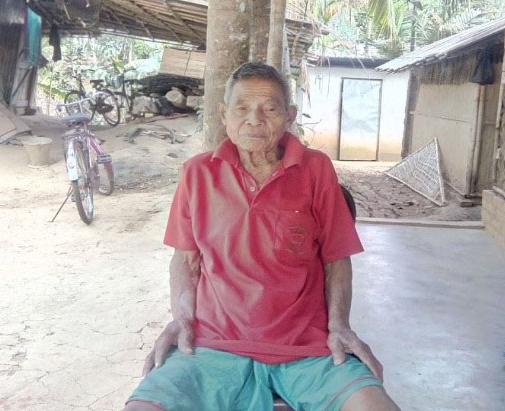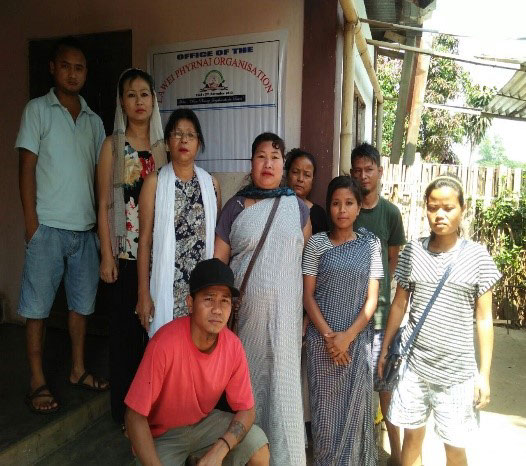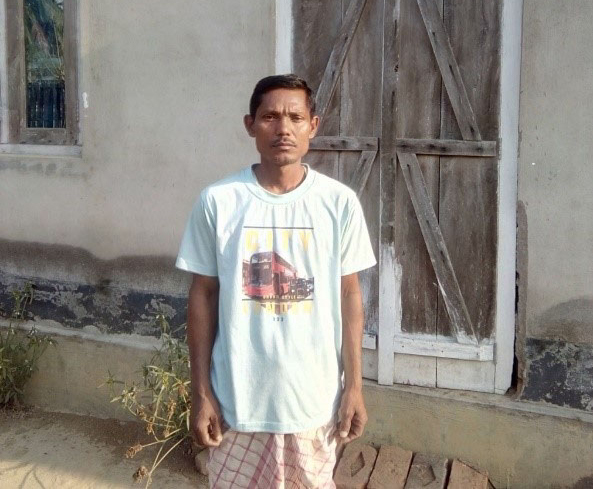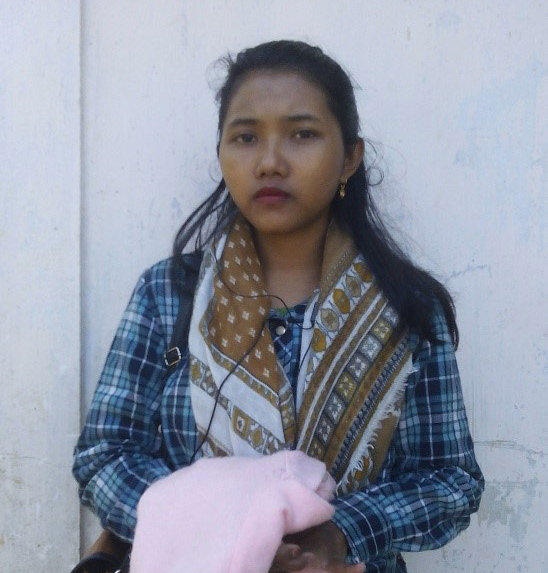A collection of stories from the beneficiaries of ACTED’s project in Northeast India
About the project
Between January 2014 and March 2018, ACTED and its implementing partners, the North East India Committee on Relief and Development (NEICORD) and Public Affairs Centre (PAC), implemented a project entitled Improving access to information and delivery of public schemes in remote and backward districts of Northeast India in 232 villages across Ribhoi district in Meghalaya; Wokha district in Nagaland; and Cachar and Goalpara districts in Assam.
While Northeast India makes up only 3.8% of India’s population, this region is notoriously excluded from policy-making and out of reach of mainstream service delivery. The context of Northeast India is one of a mosaic of ethnic groups, coupled with geographical isolation from the rest of the country and extremely restricted connectivity. This has led to political fragmentation, as well as serious development challenges since the partition of India. Development is further hampered by the central government’s concern over the security situation of the region.
In this context, ACTED has been promoting access to quality public services for local communities. This required the involvement and commitment of a wide range of actors, involving government officials, civil society, and the private sector together. The project focused primarily on the most remote and marginalised people and communities, women and socially excluded groups, taking into consideration their specific needs and constraints in accessing public schemes. The project focused on 10 key schemes and services from the Central Government, targeting those most relevant to the development of the communities of Northeast India, mainly related to health, education, livelihood, food security, women & child development, rural development, and agriculture.
Stories from the field

Bhola is a retired farmer from Goalpara. Without income from farming activities, and without a government pension, making ends meet was a daily struggle for him. In 2016, ACTED and NEICORD organised an information campaign during which Bhola came to know about the old age pension coming under the National Social Assistance Program (NSAP). With the support of the project volunteer in his village, he was able to submit his application to benefit from this scheme. Within six months, he started receiving his monthly pension. The project also helped him to apply for a housing scheme, and he is now looking forward to building a new house made of concrete to replace his current kutcha house (made of mud and bamboo). Bhola is now able to provide for himself and his wife, and even save money to help his children and cover any medical expenses.

Lawei Phyrnai is a local NGO in Ribhoi District, created in 2002 by Angelica, the Secretary General, to help unemployed youth. Comprised of 20 members (most of them women), the NGO has been implementing small projects on HIV/AIDS prevention and cultural activities for young people. Determined to further support their communities, this NGO was selected in 2014 as a beneficiary in ACTED’s project. The members were trained on the target schemes and on right to information (RTI) in order to be able to provide support to ACTED and NEICORD during the project’s information campaigns. They also received training on organisational development to develop the capacities of Lawei Phyrnai to function properly as a NGO. With their own capacities enhanced, this NGO’s members now offer similar capacity-building training to smaller civil society organisations. 10 members also decided to get further involved in ACTED’s project and became village volunteers. They helped community members to obtain documents required to apply for schemes, such as birth certificates and below-poverty-line certificates.
Our NGO has a very good reputation with the communities, as we are now a strong NGO thanks to ACTED’s support, and we have been able to help many people as a result.

Ranjan is a farmer in Goalpara. In 2015, he and 55 other members of his community worked to rehabilitate roads in his village, within the framework of a government scheme that provides 100 days of guaranteed wage employment to empower the most vulnerable households in rural parts of India. Yet, more than six months after completing the work, Ranjan and the other workers had yet to receive their wages. Ranjan went to the Gram Panchayat office to claim his rights but no response was given by the authorities. At the same time, in 2016, he was selected as a citizen leader within the framework of ACTED’s project, and was invited to trainings on government schemes and the right to information (RTI). There he understood that he could use the RTI Act as a leverage to obtain the wages that were due to him and his fellow community members. Back from the training, he explained the RTI to the other workers who were also left in the same situation, and together they decided to submit a RTI request. With this formal request filed, government authorities finally gave a response, and a hearing was organised for Ranjan to explain the situation. One month later, Ranjan and the 55 other workers finally received their long-awaited wages. By sharing information on the RTI and taking the lead to submit a request, Ranjan was also able to confirm his reputation as a citizen leader: “Now I am approached by many people seeking my help to claim their rights and have access to government schemes”. Participating in the trainings has given him more self-confidence to advocate for the well-being of his community.
This has encouraged me to take up the many issues of my community with the government.

Teffa is a sociology student from Mahatma Gandhi University. She has also been a village volunteer for ACTED’s project since 2015 after she heard that the Public Affairs Centre would be conducting a Citizen Report Card in her village within the framework of this project. She assiduously attended all the training sessions for volunteers, learning about government schemes and the right to information. She then used her learning to help her community in her village as well as in two nearby villages. She conducted household visits, focusing on the poorest households, to give them information about government schemes and help them apply. As many people also miss basic documents to apply such as ID cards and birth or disability certificates, Teffa also helped them to obtain these certificates.
Before participating in the project, I did not know anything about government schemes. I had heard of them but did not know any details. Now, after attending the trainings, I understand the government schemes and can help people apply.
You can see the original photo report by clicking here, or look at more photos on Flickr.
This project was made possible thanks to the support of European Union:

We would also like to thank our partners who contributed to the implementation of the project:


